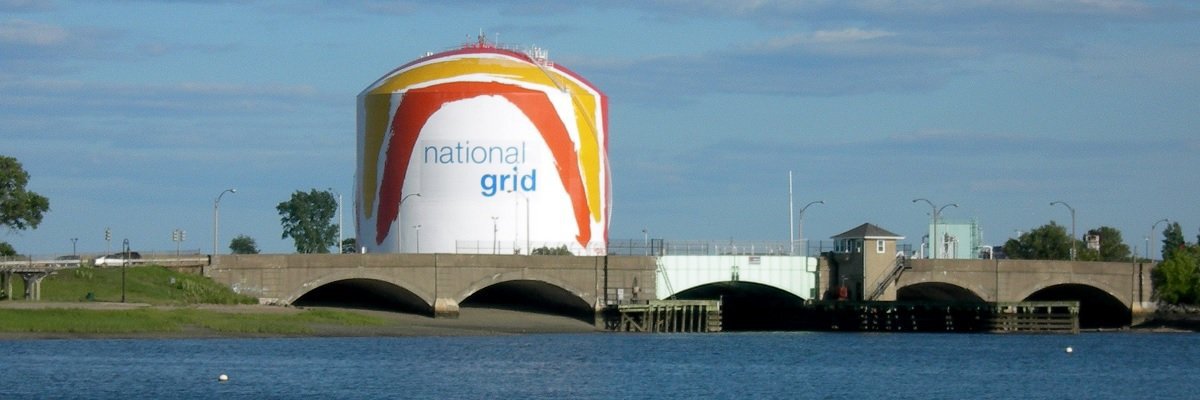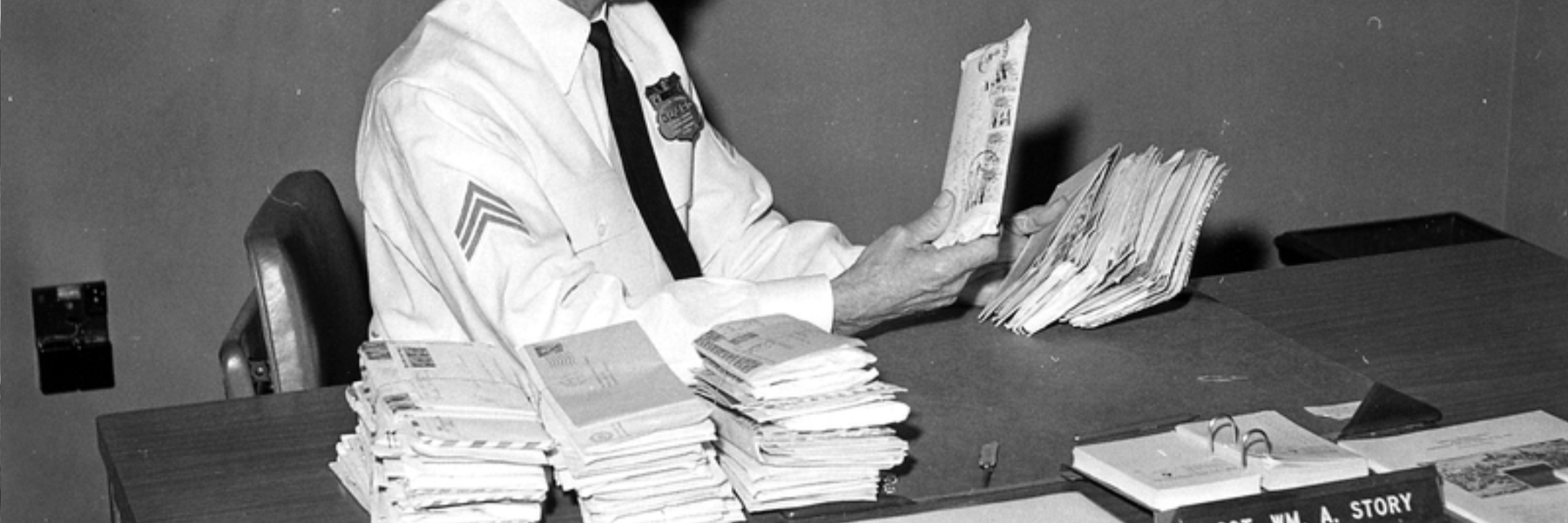Last month, the City Council of Boston made a major step toward addressing the plethora of pipeline gas leaks threatening its streets. With the passage of a new city ordinance, championed by City Councilor Matt O’Malley, the City will now notify gas companies when there are plans to access below-road areas, affording them the opportunity to survey for and repair leaks in the areas. Companies that fail to take advantage of the chance risk denial of future non-emergency permits to dig. The goal is elimination of all dangerous natural gas leaks in the City.
The move is the logical local extension of a state attempt made two years ago to encourage municipal action on the issue. That law, passed by the State legislature, required a standardized grading system to classify leaks and dictates that utility companies provide information to the Department of Public Utilities on the location of known leaks.
However, beyond theoretical access to the information, the law didn’t implement penalties or incentives to encourage action by gas companies, relying on towns and cities to be more proactive in their role. Many of them were not.
A survey conducted by MuckRock that year found that many municipalities in Middlesex County either remained unaware of the law or failed to utilize it. Boston was the only city from whom we received data and a desire to use it, though at the time, the condition of the information was such that making effective use of it was posing a problem.
- Large red = No Responsive Documents
- Large Yellow = Payment Requested
- Large Purple = Rejected
- Large Green = Some responsive materials provided
- Small red = Never received a response
- Small yellow = Still awaiting response
The passage of the ordinance comes as part of an effort by the city to make actionable the information at hand and as a result of many years of advocacy work by groups like HEET, which worked to locate and publicize leaks themselves. The concern of aging infrastructure is ever-present in Boston, a city which - maybe you’ve heard - was founded a long time ago.
In addition to threatening lives with potential explosions, untended gas leaks also destroy nearby foliage and contribute to gas prices, which are inflated by companies to compensate for the waste. Plus, in city where the inefficiency of horse-drawn roadways already poses problems for a growing population, pairing road construction and other instances of digging with the requirement that other underground repairs be conducted in the same time just makes sense..
MuckRock is renewing its inquiry to local municipalities, beginning again in Middlesex County. Don’t live nearby but still want to find out what your city is doing to fix leaks in your town?
- Small red = Request not yet submitted
- Small yellow = Request submitted
Let us know, and we’ll submit a request on your behalf.
Image via Wikimedia Commons and is licensed under CC BY 3.0




